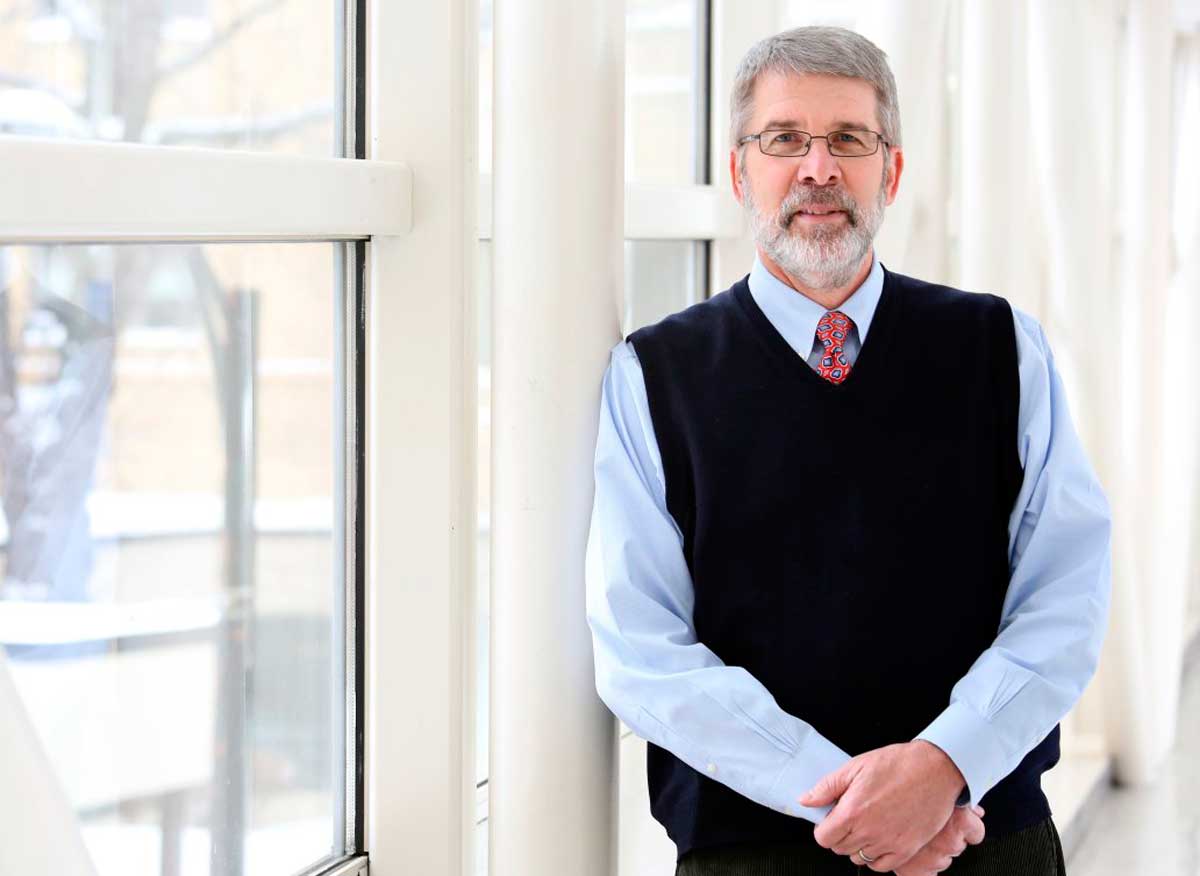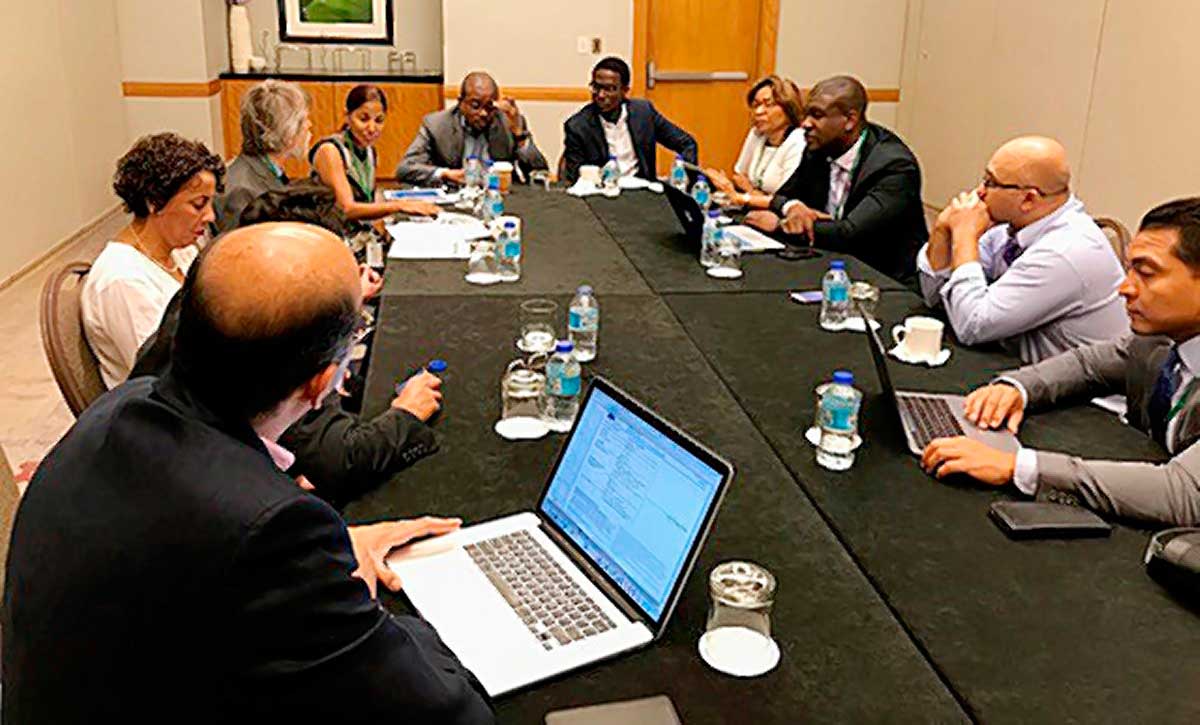Two cancer focused organizations are collaborating to increase cancer awareness in the Caribbean. The National Comprehensive Cancer Network (NCCN) and the Caribbean Association of Oncology and Hematology (CAOH) are collaborating to improve cancer care and treatment in the Caribbean.
Together, they developed and create guidelines for health professionals in the region to use and share with access to information. The project gives healthcare individuals in Caribbean countries that lack the resources, a chance to expose themselves to cancer research already conducted and opportunity to reflect that information in their healthcare, said the chairwoman of CAOH.
“This is a huge step for the Caribbean. We can start creating a standard for this overarching information, and we now have something to compare our research with and it lends credibility because we have the platform to be seen and heard,” said Dr. Marisa Nimrod.
With the guideline information on hand, Nimrod says more clinical practitioners who are a part of Caribbean cancer research group, can begin analyzing their patients with this new information.
“The next step is to start doing evaluations and learning new information cancer,” she added.
Cancer ranks second in the leading cause of death in the Caribbean, and the region has some of the highest rates of cancer prevalence in the world. With this partnership, it will be the mission of CAOH and NCCN to help combat the illness through the sharing of information.
Nimrod said she was thrilled that the guideline project came to fruition because it gave them a harmonized blueprint to refer to on studies they have not had the chance to research themselves.
Treatment guidelines are being developed at various phases in some Caribbean islands. This process involved multi-disciplinary teams from across the Caribbean who contributed to breast, prostate, cervical, colorectal, lung and multiple myeloma guidelines for 2018.
“It’s been a challenge to get resources, and my passion is to deliver quality care to the patients, and we need to have one standardized team in the Caribbean and use the resources that we have to improve survival rates,” she said.

She said the lack of the resources, along with a lack of awareness regarding cancer in the region is detrimental to Caribbean people, including the fact that other cultural misconceptions play a huge role in widespread rates of cancer.
“In the Caribbean I would say we have different restrictions and access to healthcare, so there are a few barriers for people coming to seek assistance,” said Nimrod. “One barrier is cultural myths — people think cancer is a death sentence and they will seek natural therapy first. Or they’re scared to seek any care because they heard of what someone went through and that’s why they usually show up when it’s too late.”
Diagnoses are detected at more advanced stages of the disease when earlier presentations result in improved overall survivals due to early interventions and treatments.
“Most people in the Caribbean present later when it could’ve been discovered earlier, but now that we have Harmonized Cancer Treatment Guidelines for our resource limited economic strata, we know how to focus on screening and treatment, aiming at overall earlier detection and lifestyle changes for a better quality of life,” said Nimrod.
There are various types of cancer prevalent in the Caribbean, with both genders being affected by two or more, said the chairman of NCCN clinical practice guidelines.
“Among men, prostate cancer affects every country, and for women it’s breast and cervical cancer,” said Dr. James Mohler. “But for both sexes, it is lung and colon cancer and some lymphomas. And there needs to be a better job.”
He adds that the most important part is sharing information researchers in other countries across the world where resources and funding for such studies are far and few, and help bring attention to a growing cancer problem.
“We are doing this all over the world. We are partnered with IBM, Clinton Health Access Initiative, American Cancer Society. We are global because there is a tremendous need, and the NCNN trying to make sure everyone has access to great cancer care.”



























